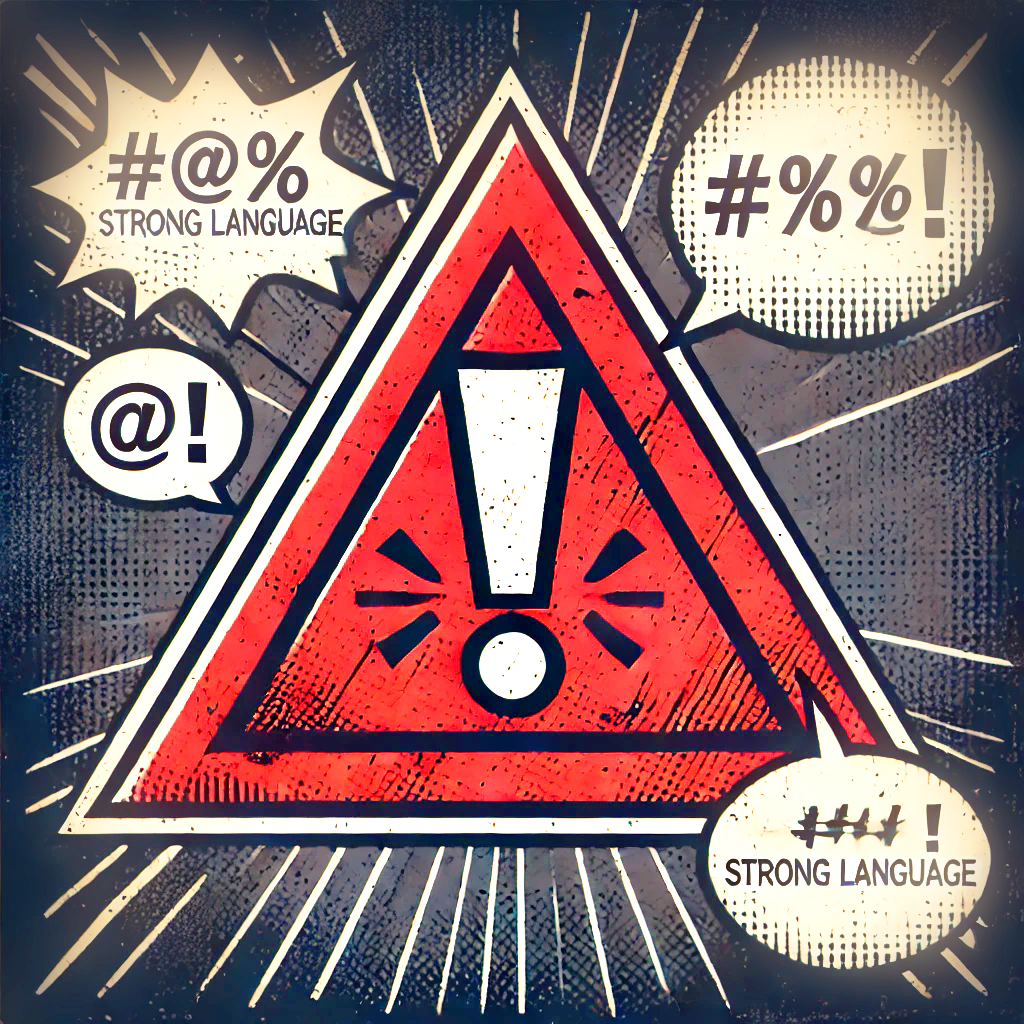Introduction
It is a common misconception that if a person is an atheist, something happened, in a negative way, for them to go down that path. For many of us, we came to the realization of atheism through careful thought and exploration of all other avenues of thought before reaching our conclusion. Sure, there are some that have reached their conclusions based on something terrible in their past, but not all of us are in that boat.
What is an Atheist?
In the broadest terms, an atheist is one who does not believe in the existence of any deities. None. Period. There are varying degrees of atheism, some are logical nightmares and others make perfect sense. But, they all agree on one thing, the current concepts of deity are the same as history has seen fit to place all other pantheons and forgotten deities, they are a myth. Atheism has a growth rate of about 3.33 percent per year. This is due to some factors, such as education level and affluence of the population that carries into secular thought. At the current rate of growth by 2041 the majority of the world population will see no need for the idea of God.
What does the World Believe?
Currently, there are thousands of religions on this planet and each religion has a myriad of variants in those religions. The top 5 religions are Christianity, Islam, Hinduism, Buddhism, and Sikhism. These religions are ranked by the number of adherents. Another way to rank religions in the world is by how much influence they have over the day to day life. These are known as the Major Religions, and they are as follows: Judaism, Christianity, Islam, Buddhism, and Hinduism. Of the Major Religions, we have three that are lumped together under the heading of Abrahamic and two that find their origins in Asian countries. Three monotheist religions, one with a pantheon, and one that does not have a deity at all.

Since the majority of the readers of this blog are more acquainted with the Abrahamic faith, I’ll look at those three a little more closely.
Judaism is a monotheistic faith with a single embodiment of a deity. Some connect with this deity through prayer while others see the divine in the majesty of the natural world. Jews acknowledge this god by agreeing to obey his laws. God, in turn, acknowledges Israel as his own people. Judaism teaches that every person was created “in the image of God,” meaning that every person is equally important and has infinite potential to do good in the world. People have free will to make their own choices in their lives and are responsible for the consequences of those choices. The Torah is the most important text in the Jewish faith, it contains stories and commandments that teach about life and death, the 10 Commandments, as well as 613 commandments that deal with everyday life. All Jews consider the 10 Commandments of the Torah, though not all follow the other 613, otherwise known as the Mitzvot. Judaism teaches that one day a Messiah will unite the world and bring peace. They also believe that goodness and obedience will be rewarded and punished by God’s judgment after death.
Christianity was built on the foundation of Judaism and hold to many of the same teachings, yet their god is a complicated, triple-aspect, deity that they view as a father figure who wants to welcome his children home after wandering around in a sinful world. The only way to reach this home is through a belief that this immortal being came to earth, a portion of said, and became a mortal sacrifice for the sins of all humanity; all one has to do is accept this sacrifice to be given eternal life. All those that reject this sacrifice will be damned to Hell for all eternity (either by eternal punishment or destruction of the eternal soul). This entity is known as Jesus and is the Messiah that was foretold by the Jewish prophets. Christians believe that they are spiritually adopted by the Jewish god and are therefore counted among Israel when it comes to the hereafter.
Islam is the youngest of the Abrahamic religions and has many similar aspects to it’s elder siblings. They hold Jesus to be little more than another of Allah’s prophets. There is even some respect for Mary, the mother of Jesus. The basic belief of Islam is summarized in the philosophy of The Five Pillars:
- Creed: “There is no God but Allah, and Muhammad is his messenger.” This phrase, the first sentence whispered into the ears of an infant, makes a person a Muslim when it is taken to heart.
- Prayer: Devout Muslims are required to pray five times per day. Before prayer, a Muslim is expected to perform a ritual of purification All those who pray face Mecca during prayer. Friday is the public day of prayer.
- Charity to the Poor: Muhammad was troubled by injustice, inequality, and poverty, and demanded that people give to the poor. Therefore, Islamic practice demands that followers donate certain percentages of their income, herds, and produce to those less fortunate.
- Fasting and Ramadan: Fasting is done to discipline oneself, to develop sympathy for the poor and hungry, and to give to others what one would have eaten. Ramadan, the ninth month of the Muslim calendar, is the time during which Muhammad first received his revelations. Fasting during this month, followed by a feat at the month’s end, is considered a fitting way to celebrate this event.
- Pilgrimage to Mecca: this religious journey taken by a Muslim to the sacred place or Hajj, is required before a person’s death whenever possible to visit the Kaaba. The Hajj offers a very special emotional experience for believers.
Some practices of Muslims are frowned upon by other societies, such as the practice of polygamy and marriage to young girls. There are many sects of Islam, some of which teach that it is right to wage wars, Jihad, against unbelievers, even against other Muslims. Of the three Abrahamic religions, it is considered the most unforgiving when it comes to disobeying the holy laws of Islam. Muslims also believe in a final judgment by Allah and gives special rewards that fall in Jihad.
All three religions have a long history or violence to their neighbors and those that don’t believe as they do. All have rules that sometimes fly in the face of basic human rights. All three are based around the worship of a primitive, tribal deity, that requires personal sacrifices that go beyond supporting the faith. But, going into all of that will make this, a long post, even longer.
Why I reject the Abrahamic God
There are three basic reasons I reject the God of this family of religions.
1. The Fallacy of Free Will
Each of these religions teaches that we have the freedom to choose to worship God, yet is this really a choice? It comes down to the old railroad track switch question in which no matter which way you choose, someone dies. Either one person or many. You must choose to believe in God because if you don’t, you won’t have eternal life. What freedom is that? It is like the terrorist that is telling you everything will be okay as long as you do what you are told, if you don’t, he’ll kill you. In the end, you still get killed because you failed to do something you weren’t aware of. Requiring worship through fear is a poor way to gain followers.
2. Rewards in Life are enough for me.
At the end of life, what we contributed to our offspring and society is all that matters. Did we make the world a better place while we were here or did we fail to do something for others? Our reward in this life is how we are remembered. A promise of a life beyond this one is a nice hope to have. The hope we will see those we loved and cared for again on the other side of the grave. But, there is a rub in that reward, those that didn’t follow the rules that we loved and cared for, those are damned to Hell just because they didn’t follow the deity that promised the reward. The sorrow, the fear, the guilt of not helping that person make it to the promised life is gut-wrenching. Sorry, not my cup of tea. A truly loving deity would not inflict that kind of heartache on anyone.
3. We no longer need fiction to explain the world we live in.
Gods are the explanation of those things we cannot explain. Why is there thunder and lightning? The Gods must be at war or some other equally appealing fairy tale. We now know, through science, why those things occur. Where did we come from? We have a few good ideas, these ideas are improving every day. Those ideas make more sense than some deity forming our ancestors from the dust and breathing life into his nostrils. Why are we here? To make the world a better place for those who come after us. That means getting rid of the notion that this is a disposable planet that the mythology of Abraham tells us. We need to take a better look at how we can improve the world not destroy it through our lack of caring.
How did I get to this point in my life? What caused me to reject the idea of the current notions of deity and a higher power? I’ll leave that for another day, it may be something that turns into more than a single blog post can contain. I apologize if this seemed to ramble and go off on tangents and make little sense, this was just something I’ve been thinking about and wanted to get down. I will probably refine and clean it up in the future. Until then, this will have to do.



Leave a Reply